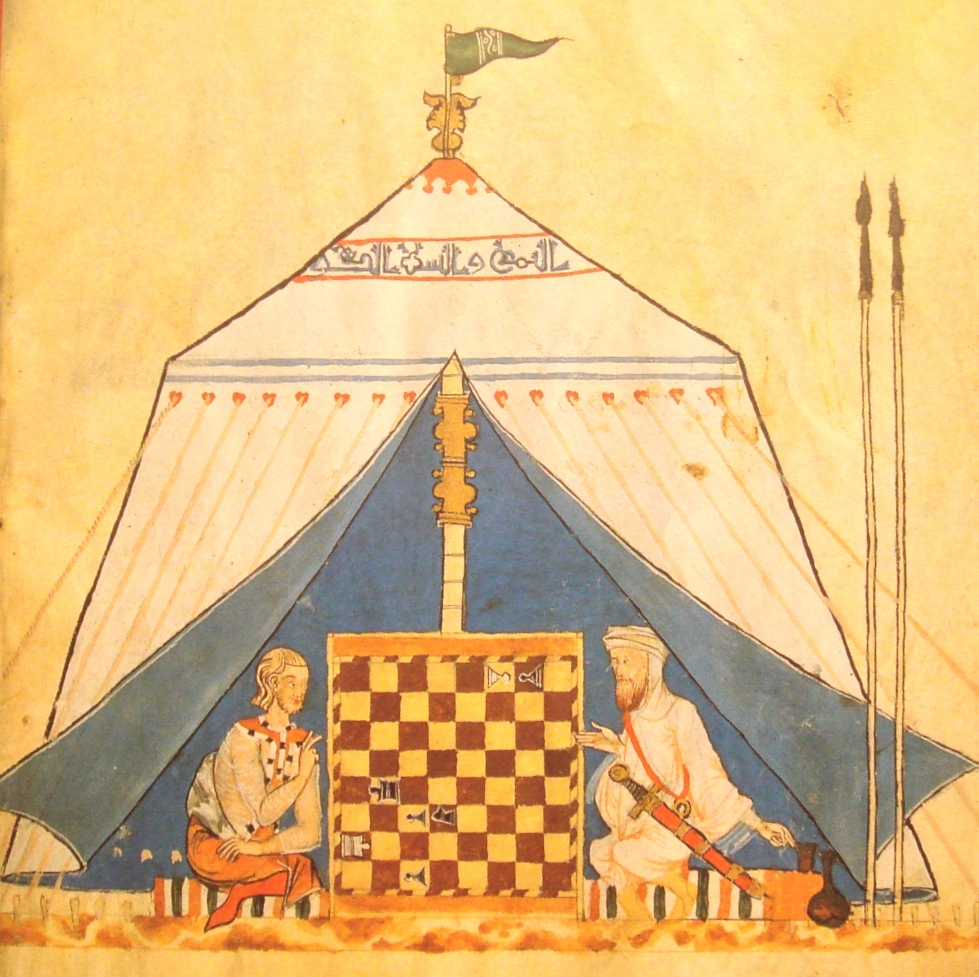What is the Arabic for zoon politikon? Ethics and politics in Ibn Tufayl (d. 581/1185)
DOI:
https://doi.org/10.54103/2035-7362/17829Parole chiave:
Aristotele, zoon politikon, Ibn Bajja, utopia politicaAbstract
È possibile delineare due filoni interpretativi sul Hayy b. Yaqzān (Il vivente, figlio del desto) di Ibn Tufayl: secondo l’uno, l’opera è uno sguardo realistico su un solitario in una società corrotta e si ispira agli insegnamenti della Repubblica di Platone; secondo l’altro, l’opera ritrae un ideale puro e astratto di vita ascetica e insiste sull’imperativo morale dell’isolamento.
Tuttavia entrambe queste interpretazioni precludono qualsiasi possibilità di felicità per l’uomo o per il filosofo all’interno di una società. In altre parole, tendono a interpretare Hayy b. Yaqzān come un tentativo di dimostrare che l’uomo non sia sociale o politico. La perfezione intellettuale e spirituale ricercata attraverso l’isolamento non può, a mio parere, essere separata da uno scopo pratico. L’isolamento del filosofo non viene praticato per distinguersi dalle società imperfette. Al contrario, tale isolamento è intrapreso per condurlo ad una realizzazione più alta e propriamente pratica.
Su questa base, sostengo nell’articolo che l’uomo di Ibn Tufayl sia paragonabile allo ζῷον πολιτικόν aristotelico. Attraverso un confronto tra il Hayy di Ibn Tufayl e lo ζῷον πολιτικόν di Aristotele vedremo come Ibn Tufayl si serva dell’animale sociale/politico arabo (hayawān insī o madanī) di al-Fārābī e lo trasponga dal dominio della città a quello dell’individuo.
Analizzando alcuni passaggi chiave, è possibile chiarire come il concetto di ζῷον πολιτικόν sia entrato nella filosofia araba e in particolare nella concezione di uomo di Ibn Tufayl attraverso il virtuoso di al-Fārābī e il solitario di Ibn Bājja.
Prevailing academic views on Ibn Tufayl’s Hayy b. Yaqzān (Living, the Son of Wakeful) fall into two camps: either the work is a realistic look at an isolated human being amidst a morally bankrupt population and harks back to the teachings of Plato’s Republic, or it portrays a pure and abstract ideal of the spiritual life in the footsteps of the natural first man, and insists on the moral imperative of isolation.
The difficulty with both interpretations is that they preclude any possibility of happiness for the human person or the philosopher living in a society. In other words, they tend to interpret Hayy b. Yaqzān as an attempt to demonstrate that the human is not essentially social or political. However, the intellectual and spiritual perfection sought through isolation cannot, in my opinion, be separated from a practical purpose. The isolation of the philosopher is not undergone to distinguish himself from imperfect human societies. On the contrary, such isolation is undertaken in order to lead one to a higher, and properly practical accomplishment.
On this basis, I argue in this paper that Ibn Tufayl’s man is comparable to the Aristotelian ζῷον πολιτικόν. Through a comparison of Ibn Tufayl’s Hayy and Aristotle’s ζῷον πολιτικόν we shall see how Ibn Tufayl reuses the Arabic social/political animal (hayawān insī or madanī) of al-Fārābī and transposes it from the domain of the city to that of the individual. By analysing some key passages, it becomes possible to illustrate how the concept of ζῷον πολιτικόν has entered Arabic philosophy, and particularly in Ibn Tufayl’s conception of man through the lenses of al-Fārābī’s virtuous and Ibn Bājja’s solitary man.
Dowloads
Pubblicato
Fascicolo
Sezione
Licenza
Copyright (c) 2022 Doctor Virtualis

Questo lavoro è fornito con la licenza Creative Commons Attribuzione 4.0 Internazionale.
Gli autori che pubblicano su questa rivista accettano le seguenti condizioni:
a. Gli autori mantengono i diritti sulla loro opera e cedono alla rivista il diritto di prima pubblicazione dell'opera, contemporaneamente licenziata sotto una Licenza Creative Commons - Attribuzione che permette ad altri di condividere l'opera indicando la paternità intellettuale e la prima pubblicazione su questa rivista.
b. Gli autori possono aderire ad altri accordi di licenza non esclusiva per la distribuzione della versione dell'opera pubblicata (es. depositarla in un archivio istituzionale o pubblicarla in una monografia), a patto di indicare che la prima pubblicazione è avvenuta su questa rivista.
c. Gli autori possono diffondere la loro opera online (es. in repository istituzionali o nel loro sito web) prima e durante il processo di submission, poichè può portare a scambi produttivi e aumentare le citazioni dell'opera pubblicata (Vedi The Effect of Open Access).





